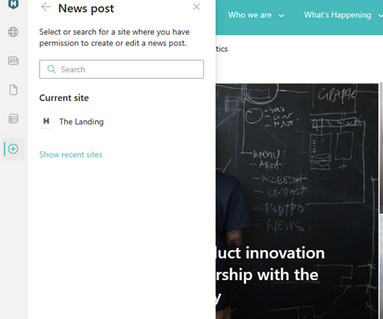November 2023 - Microsoft 365 US Public Sector Roadmap Newsletter
Microsoft Public Sector
NOVEMBER 22, 2023
MC684222 — Video inline playback on Highlighted content web part 60 Days This message is intended to notify all customers utilizing social ratings APIs that Microsoft will start retiring a number of these APIs starting January 2024. When this will happen: January 1, 2024. will be returned.












Let's personalize your content